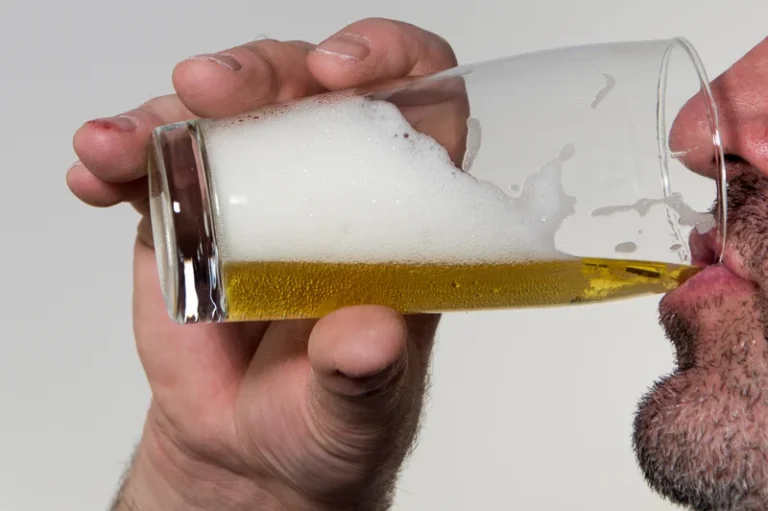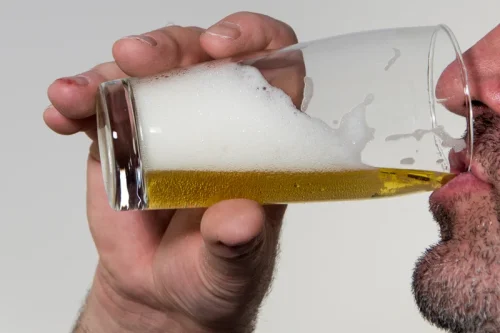10 CBT Group Activities Essential for Substance Abuse Recovery

However, group members might require help identifying them before you can teach them how to develop new ones for sobriety. Creating positive affirmations helps members reinforce self-worth and stay motivated. Members are encouraged to develop personal affirmations and share them with the group, helping everyone build confidence and a positive mindset in recovery. Encouraging members to share their personal stories helps build trust, empathy, and connection within the group.
Stress management
- The facilitator can vary things up by letting group members pick someone else to answer their question once they’ve finished sharing.
- These professionals can help individuals resume treatment, explore different treatment modalities, or adjust their rehabilitation approach.
- This topic allows members to share funny stories, discover joy in small moments, and build bonds with others through laughter.
- This list of 50 group activities is designed to empower individuals on their journey by building self-awareness, enhancing coping strategies, and fostering a sense of community.
- Stress is a common relapse trigger, making stress management essential.
This discussion helps members explore forgiving themselves and others, releasing resentment, and sharing experiences of forgiveness to promote emotional healing. Social gatherings can be challenging in recovery, especially when substances are present. This topic provides strategies for managing social events, such as planning ahead, setting boundaries, and practicing ways to say no. Loneliness is a significant trigger for relapse, so finding ways to substance use group therapy topics connect with others is crucial. This discussion focuses on the risks of isolation and encourages members to reach out for support, fostering a sense of community and connection.
Engaging Group Therapy Topics and Activities for Substance Abuse
Structured activities within these groups are highly effective in promoting personal growth, enhancing self-awareness, and building strong community bonds that can bolster resilience. Keep reading to uncover valuable substance abuse group topics that can guide sessions and boost client engagement during their recovery process. In group therapy, participants have a safe space to engage with others, share their experiences, and practice different methods of communication. The sessions are strictly confidential, allowing individuals to express themselves honestly. Group therapy can take place in various settings, including hospitals, private therapy practices, community centers, and mental health clinics. It is commonly conducted in drug or alcohol rehab facilities as part of substance abuse treatment.


Exploring Healthy Hobbies


This topic discusses strategies for accepting past choices, learning from them, and focusing on building a brighter future. Substance use can damage trust within relationships, making it a crucial focus in recovery. This topic explores steps to regain trust from family, friends, and oneself, fostering stronger, healthier relationships. Shame and guilt can be significant barriers in recovery, often fueling negative self-perception.
Mind Games: CBT-Inspired Group Activities


While a heavy topic, trauma is essential when focusing on substance abuse, as many clients abuse substances as a way to cope with deeply embedded trauma. Examining trauma can help clients address their experiences, thoughts, and feelings in a safe space and without judgment. Listening to others‘ experiences allows clients to reduce feelings of isolation and increase recognition of being supported on their road to recovery. Cognitive behavioral groups focus on cognitive behavioral therapy to transform negative thought patterns and behaviors. These evidence-based groups involve developing practical coping strategies to help individuals change unhealthy habits and reinforce high cognitive functioning. Psychoeducational groups provide educational support to those with mental health concerns, such as substance abuse challenges.


A list with links to online grief support groups, forums, and communities. A to-do list of kind deeds with blank spaces to write in your own ideas for spreading kindness. A 2-page handout with nine creative and soothing outlets for grief, such as music, dance, light therapy, and aromatherapy.
- This exercise not only builds empathy but also helps individuals recognize the universal themes in their unique stories.
- Modern addiction treatments are designed to address the immediate cessation of substance use and mitigate the risk of relapse.
- As individuals continue in recovery group activities, they begin to develop very strong bonds with one another.
- Group sessions provide them with a set time within their routine to focus on their recovery.
- Exploring one’s thoughts and emotions is an integral part of recovery.
- Gratitude journaling helps shift focus to the positive aspects of life, which can improve mood and build resilience.


Schreibe einen Kommentar